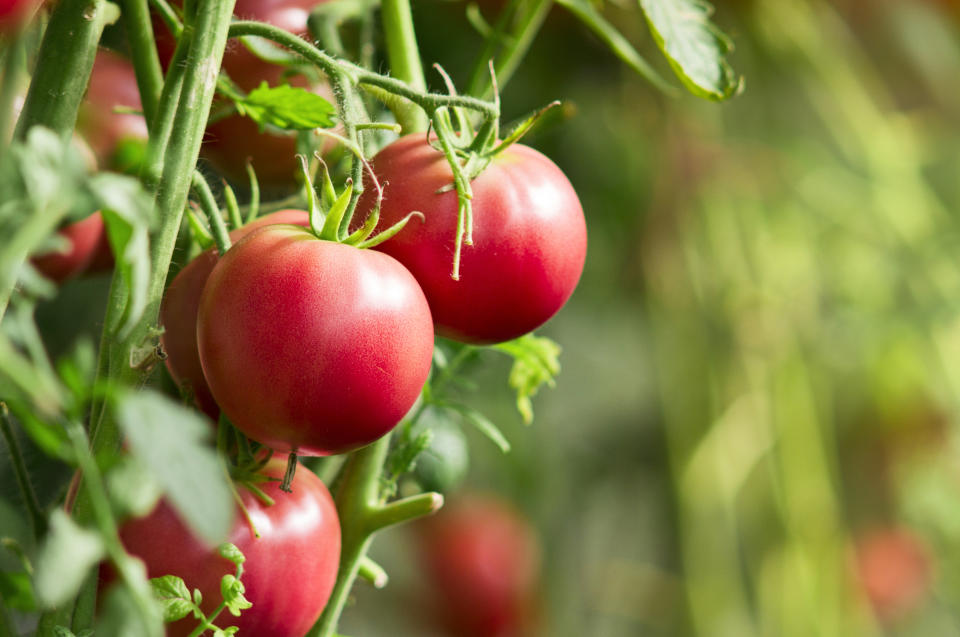Plants emit ultrasonic 'scream' when they are hurt, researchers find
Here’s a finding that might give vegans pause for thought: some plants emit an ‘ultrasonic’ scream when they’re stressed out.
Researchers placed microphones a few inches from tomato and tobacco plants, deprived them of water and cut their stems.
The plants emitted an ultrasonic signal between 20 and 100 kilohertz, the researchers found.
The Tel Aviv University scientists believe that the signals may communicate distress to other plants, LiveScience reported.

READ MORE
We SHOULD be scared of climate change, says senior scientist
Orangutan saved by vets after being found blind and riddled with airgun pellets
How bad is the WhatsApp surveillance attack
Transplant patient’s DNA is replaced with his donor’s
When a tomato plant’s stem is cut, it emits 25 ultrasonic distress sounds over the course of an hour, the researchers found.
Tomato plants made up to 35 distress signals an hour when deprived of water.
The researchers wrote: ‘‘These findings can alter the way we think about the plant kingdom, which has been considered to be almost silent until now.”
The paper has yet to be peer-reviewed.
Previous research has shown that even brushing against a plant can ‘stress it out’ - meaning it ‘warns’ nearby plants that something has happened, the researchers said.
The signals take the form of chemicals secreted by roots, which tell nearby plants they’ve been in contact with something.
Researchers believe the signals are ‘instructions’ on how to grow, based on whether nearby plants are relatives.
Led by Velemir Ninkovic from the Swedish University of Agricultural Sciences, the researchers stressed out corn seedlings by touching their leaves.
They then watched how nearby plants grew - and saw that they directed their resources into growing more leaves and fewer roots.
Lead author Dr Ninkovic said: “Our study demonstrated that changes induced by above ground mechanical contact between plants can affect below ground interactions, acting as cues in prediction of the future competitors.”

 Yahoo Movies
Yahoo Movies 
